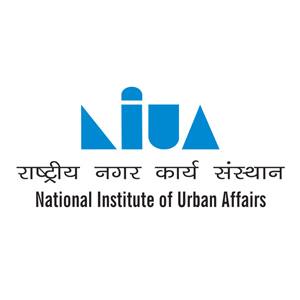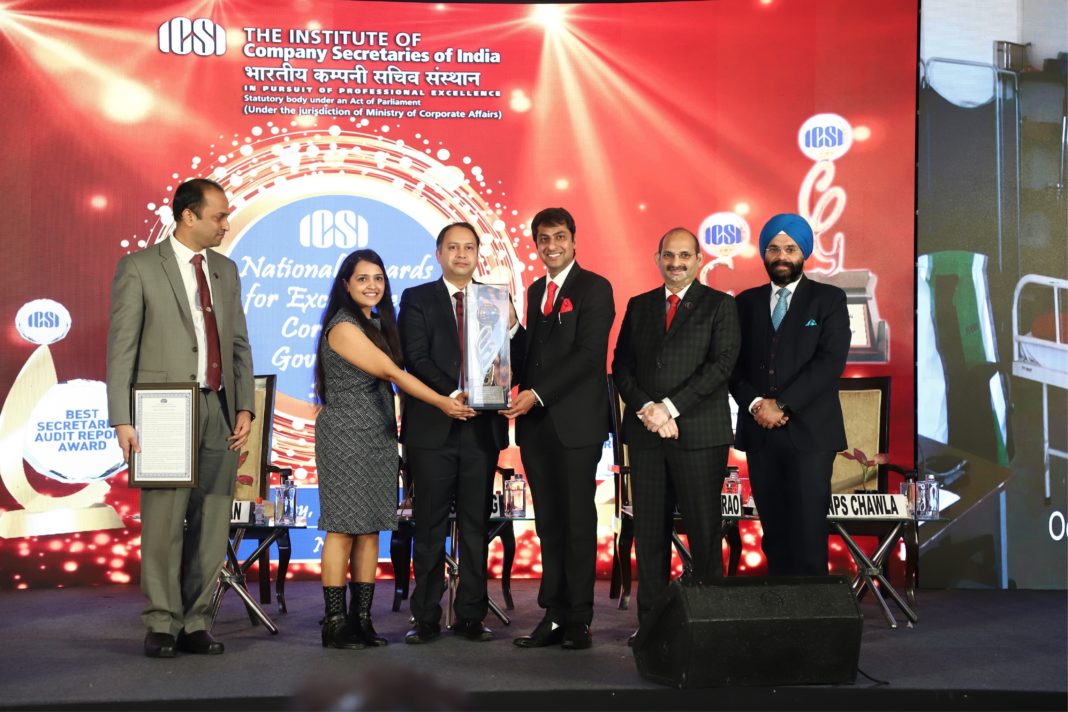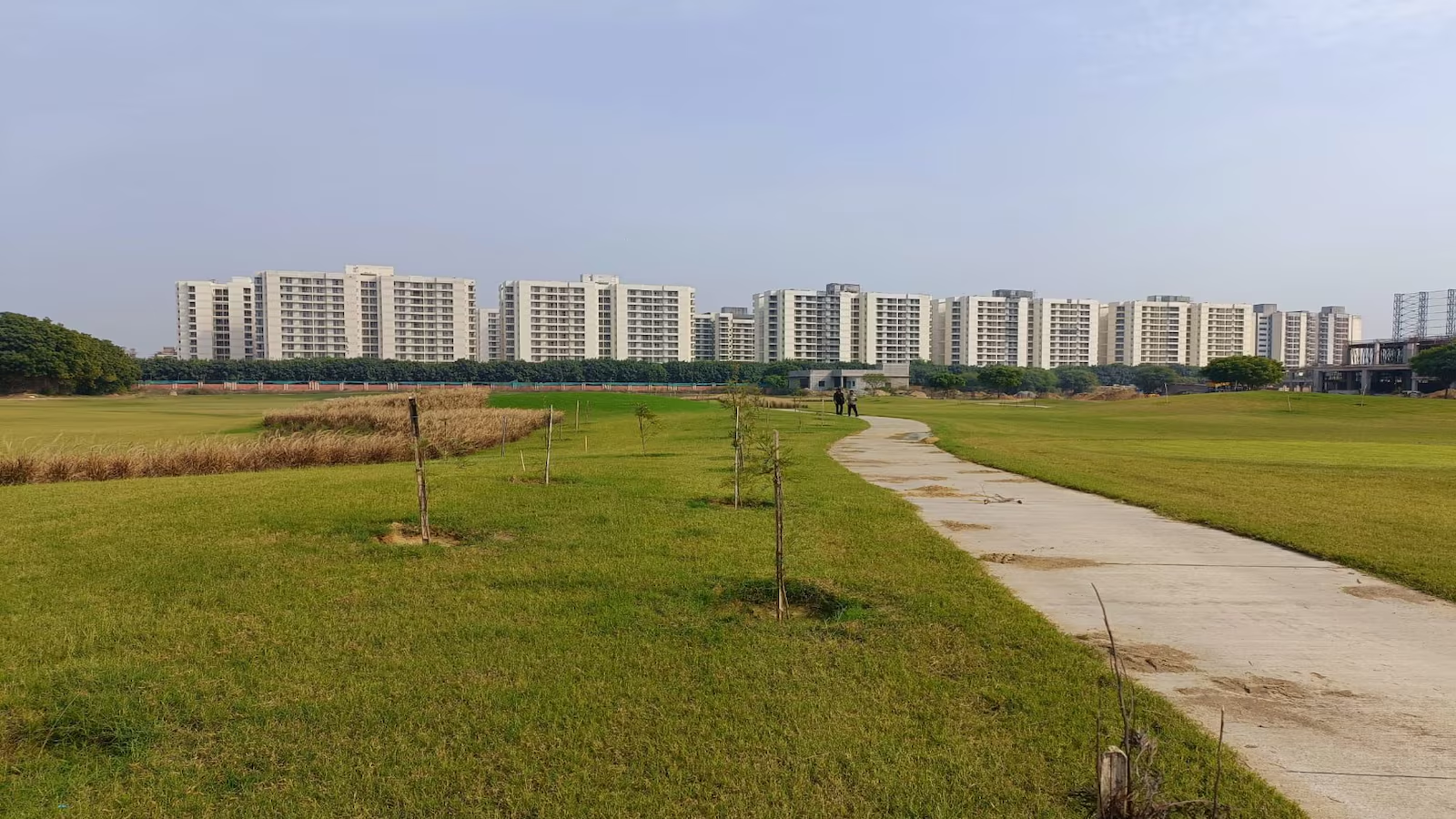News
‘Smart cities’ should aim at enhancing quality of urban life: Venkaiah Naidu
NEW DELHI: Union Minister of Urban Development and Housing & Urban Poverty Alleviation M Venkaiah Naidu has stressed that the focus of the ‘smart cities’ project should be to enhance quality of urban life through an integrated approach to urban planning and execution besides ensuring ‘inclusivity’.
He was speaking at a two-day session organised by his ministry to discuss various aspects of urban development, including smart cities.
The session which concluded on Tuesday was attended, among others, by Power Minister Piyush Goyal and members of Parliament Rajiv Pratap Rudy, Jyothiraditya Scindia, Baijayant Panda and Rajiv Chandrasekhar. UD Secretary Shankar Aggarwal, Housing and Urban Poverty Alleviation Secretary Anita Agnihotri and officials of the two ministries besides experts also participated in the deliberations.
A broad view emerged at the conference that learning from the experience of implementation of Jawaharlal Nehru Urban Renewal Mission (JNNURM), the new urban development initiatives should aim at improving the quality of urban life in the country by addressing the chronic urban problems and by going beyond provision of just infrastructure.
Speaking during the conference Power MinisterGoyal suggested that solid waste management and cleanliness should be addressed on priority for immediate impact. Referring to development of smart cities, he said that four or five such projects could be offered to states which have ready land availability.
Rudy noted that the six dimensions of smart cities should be smart governance, smart mobility, smart environment, smart ecology, smart people and smart living. Panda observed that emerging towns should be included under smart cities initiative aimed at energy efficiency, clustering of infrastructure and efficient management and governance ensuring inter-sectoral linkages.
In his address, Scindia suggested development of ‘counter magnet cities’ to spread urbanization to new areas. He noted that state governments need to play a pro-active role in addressing urban challenges. Rajiv Chandrasekhar said that though JNNURM had laudable objectives, it failed to develop a single ‘model city’ and this experience should be taken into account while devising new urban development schemes. He said, under JNNURM, the Central Government ended up merely supporting asset creation. He suggested that the Centre should play the role of a ‘catalyst’ in the new scheme of things.
UD Secretary Aggarwal, in his presentation, outlined that a ‘smart city’ could be one with technology-based governance that enables efficient public services and has 24 x 7 water and power supply, 100 per cent sewerage, drainage and solid waste management facilities besides top class infrastructure.
After detailed deliberations, Venkaiah Naidu directed the ministry officials to prepare a Cabinet note based on the learnings of JNNURM implementation, suggestions received during the two-day session and other sources. He also suggested that there could be two different schemes – one for renewal of 500 urban habitations and the other for ‘smart cities’.
-



 News3 weeks ago
News3 weeks agoKW Delhi 6 Mall Onboards New Brands
-



 News4 weeks ago
News4 weeks agoManasum Senior Living Launches IKIGAI GOA, A Senior Living Community in North Goa, in collaboration with Prescon Homes
-



 News3 weeks ago
News3 weeks agoCommercial Realty Gets Tech Savvy: Fast Construction, Enhanced Convenience
-



 News2 weeks ago
News2 weeks agoGodrej Properties Sells Rs 3k cr+ Homes of Godrej Zenith, Gurugram, within 3 days
-



 News4 weeks ago
News4 weeks agoBridging India Divide: Top 5 Tier- 2 Cities to Focus On
-



 News4 weeks ago
News4 weeks agoMultipoint Connection – A Definite Boon
-



 News3 weeks ago
News3 weeks agoRBI’s Status Quo on Key Policy Rates to Help Maintain the Real Estate Growth Momentum, Say Industry Stalwarts
-



 News1 week ago
News1 week agoOlive Announces Dhruv Kalro as Co-Founder
























